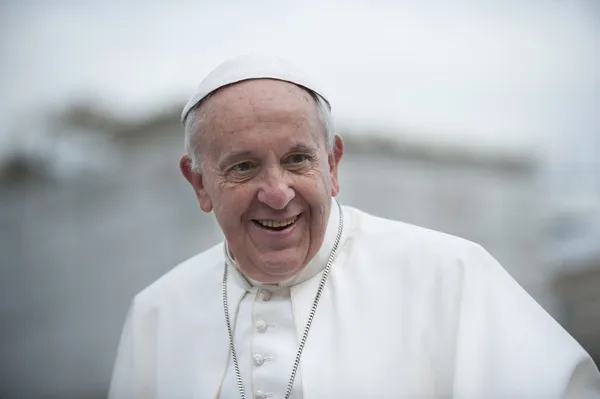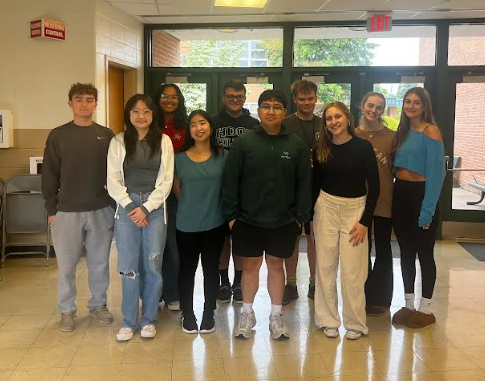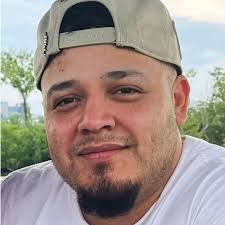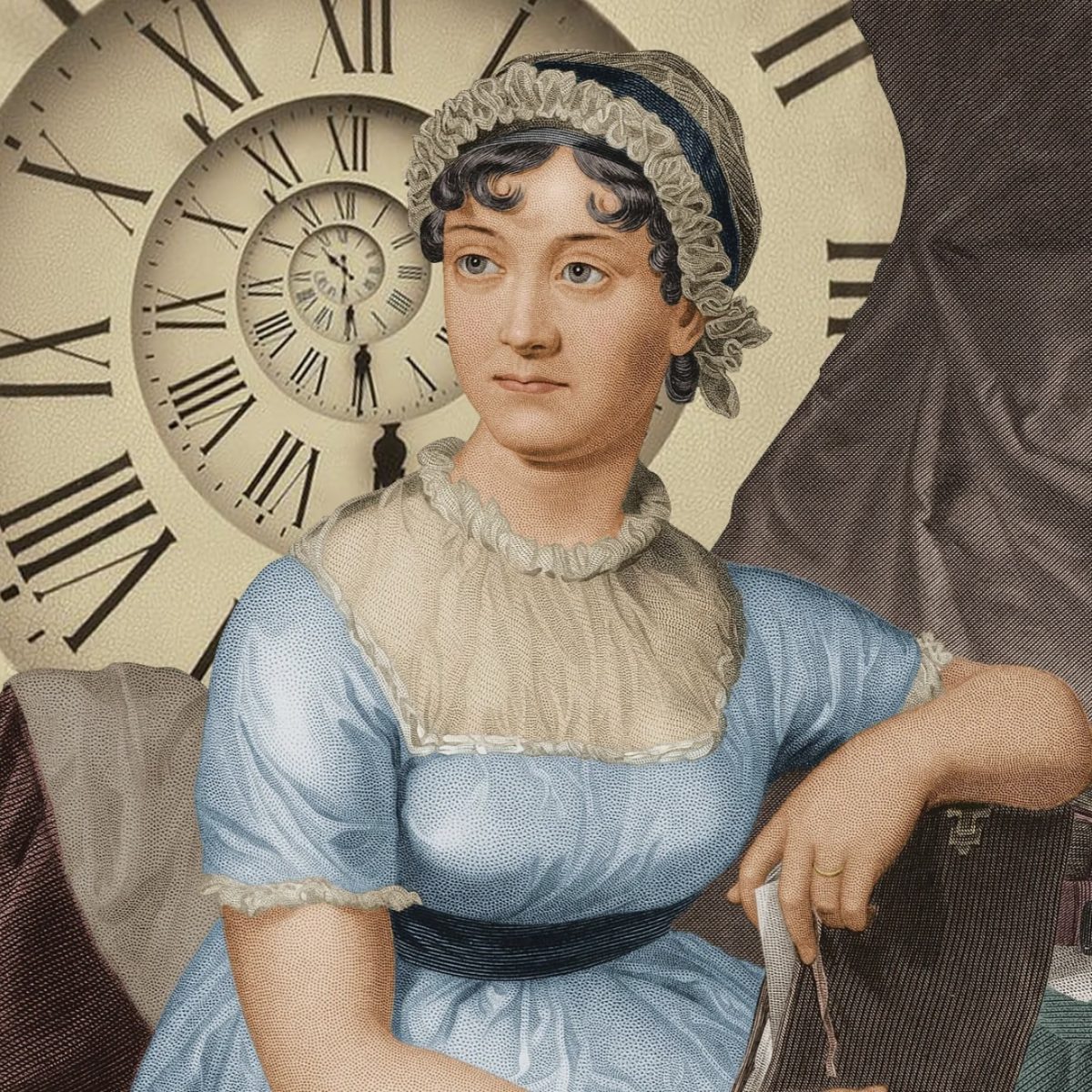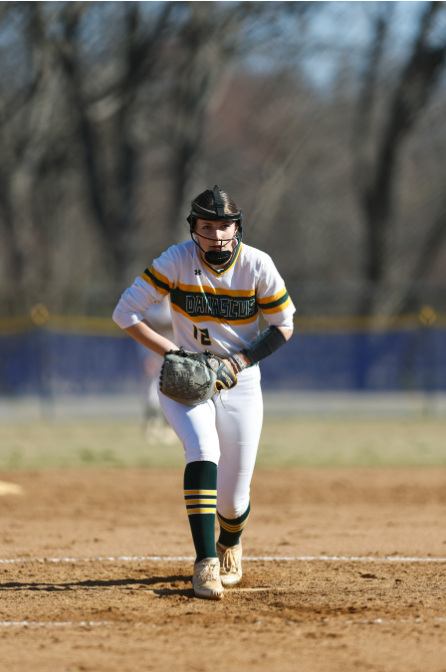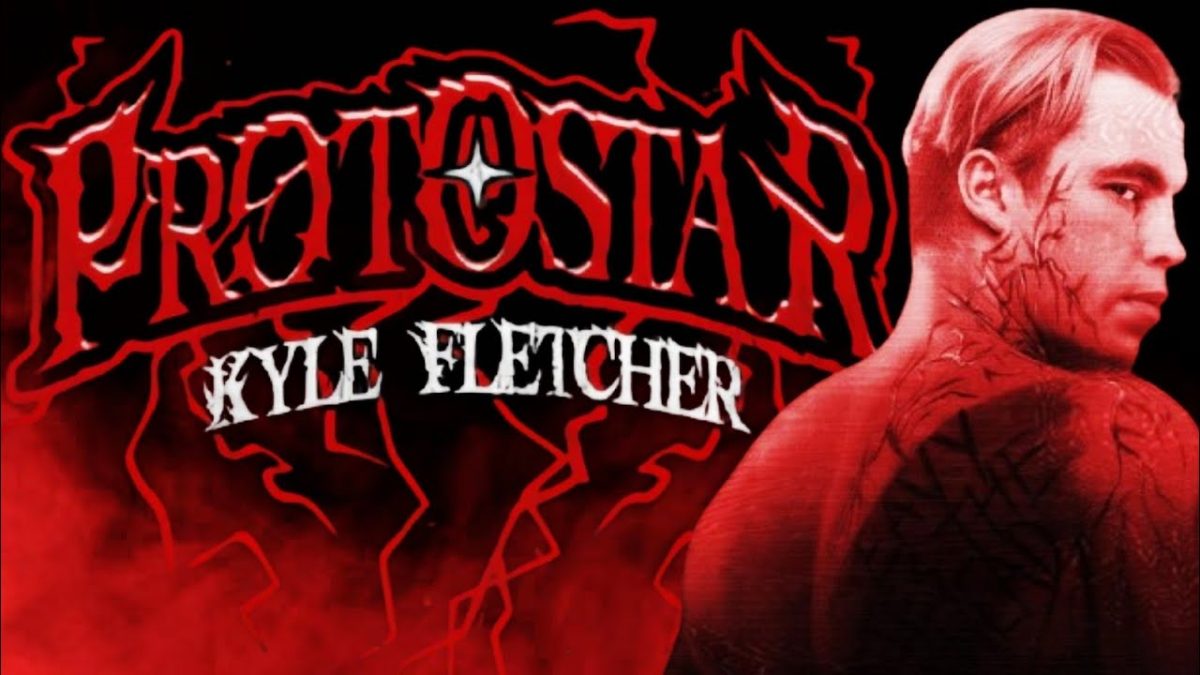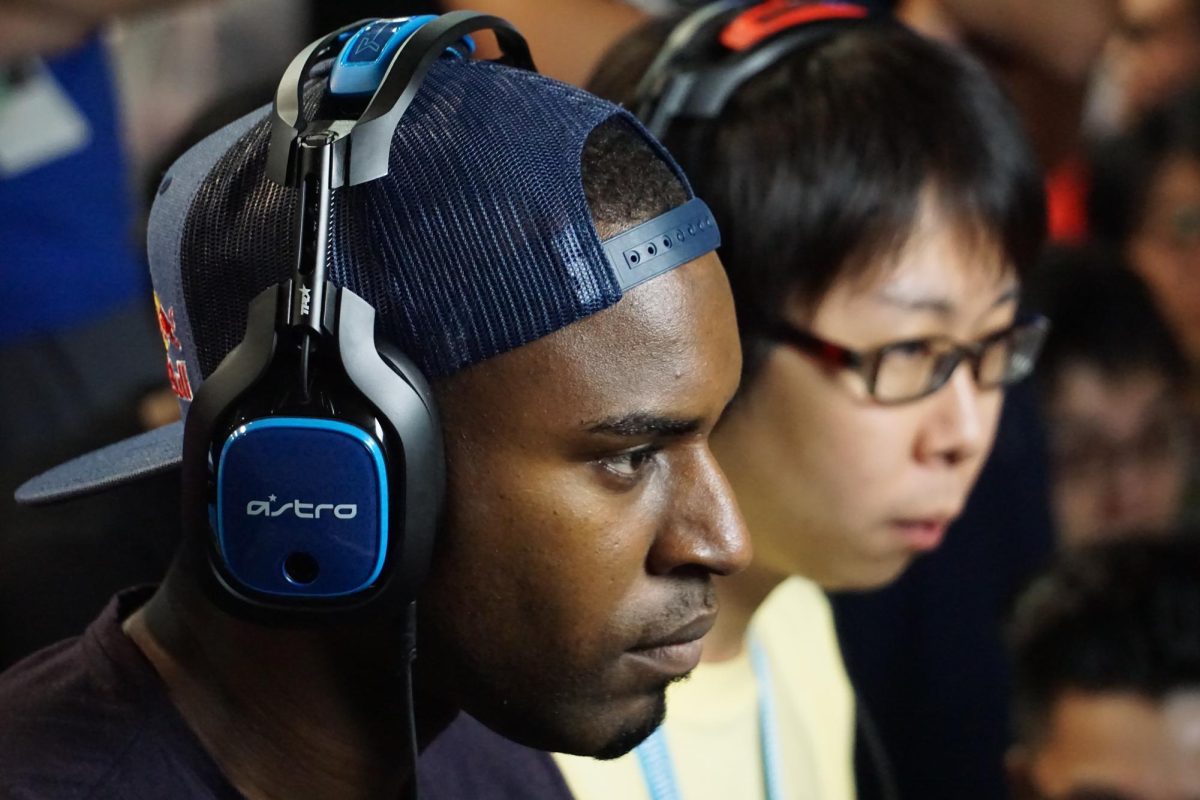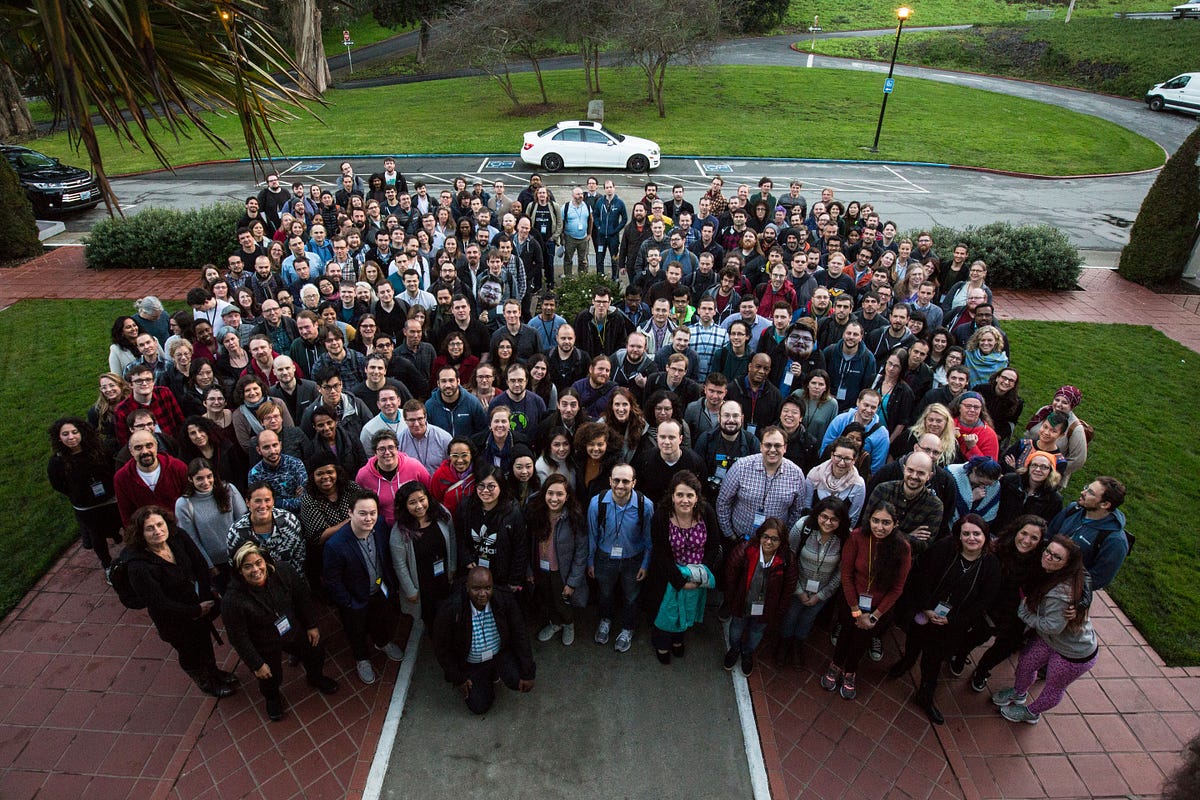Ex-Honduran President Extradited to the U.S. on Drug Trafficking Charges
Former Honduran President Juan Orlando Hernandez at an airport before he was extradited to the U.S.
May 12, 2022
Ex- Honduran President, Juan Orlando Hernandez, was extradited to the U.S. on April 21 on drug trafficking charges.
According to the U.S. Justice Department, Hernandez’s operation started approximately in 2004. Hernandez partnered with known drug criminals and protected his father, brother and those he worked with from arrest. Hernandez’s profits were used for various nefarious causes including voter fraud, political campaigns and other illegal activity.
Hernandez first appeared in front of Magistrate Judge Stewart D. Aaron on April 22 when Hernandez arrived in the U.S. His case will be in a district court, U.S. District Judge P. Kevin Castel will preside over the case. The investigation has been ongoing for many years and investigators concluded that Hernandez conducted illegal business with drug traffickers. The investigation also concluded that the former president has transported cocaine into the United States from other countries using marine and air routes. Hernandez received bribes for millions of dollars in exchange for protecting drug businesses, which he accepted.
Hernandez wanted to win the elections and ordered members of his conspiracy to bribe politicians for their vote in exchange for money. Winning the election would ensure that he would maintain the power to protect the illegal drug lords that he had promised to protect.
The United States Drug Enforcement Administration (DEA) Administrator Anne Milgram released a statement regarding the arrest.
“Today’s extradition clearly shows that the DEA will stop at nothing to pursue the most powerful political actors who engage in drug trafficking, violence, and corruption. DEA’s multi-year investigation revealed that Juan Orlando Hernandez, the former President of Honduras, was a central figure in one of the largest and most violent cocaine-trafficking conspiracies in the world,” Milgram said in her statement. “Hernandez used drug-trafficking proceeds to finance his political ascent and once elected President, leveraged the Government of Honduras’ law enforcement, military, and financial resources to further his drug-trafficking scheme. This case should send a message—to all political leaders around the world that trade on positions of influence to further transnational organized crime—that the DEA will stop at nothing to investigate these cases and dismantle drug-trafficking organizations that threaten the safety and health of the American people.”
A warrant was issued for Hernandez’s arrest on Jan. 27 and later on Feb. 15, 2022. Hernandez was arrested by Honduran authorities at the request of the United States. After his arrest, the U.S filed an extradition request that was granted by the Honduran courts. Holding up the process, Hernandez appealed his extradition to the Honduran Supreme Court, which the court denied. On April 13, the extradition proceedings were completed and Hernandez surrendered to the U.S. on April 21.
The U.S. Justice Department has released the following charges against Hernandez.
“Hernandez is charged with three counts: (1) conspiring to import cocaine into the United States, which carries a mandatory minimum sentence of 10 years in prison and a maximum sentence of life in prison; (2) using and carrying machine guns and destructive devices during, and possessing machine guns and destructive devices in furtherance of, the cocaine-importation conspiracy, which carries a mandatory minimum sentence of 30 years in prison and a maximum sentence of life in prison; and (3) conspiring to use and carry machine guns and destructive devices during, and to possess machine guns and destructive devices in furtherance of, the cocaine importation conspiracy, which carries a maximum sentence of life in prison,” according to the Justice Department.
It is presumed that Hernandez will plead not guilty. Hernandez’s case is being handled by the U.S. Attorney’s Office’s National Security and International Narcotics Unit. Assistant U.S. Attorneys Jacob H. Gutwillig, Michael D. Lockard, Jason A. Richman and Elinor L. Tarlow are in charge of the prosecution, according to the Justice Department.



